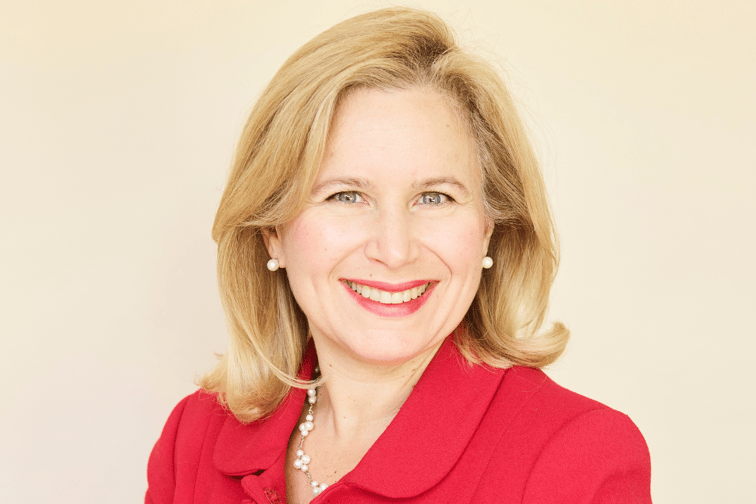

International Women’s Day 2023, fast approaching on March 8, marks a day in the calendar to reflect on the achievements towards gender parity in insurance and financial services – and the road still to travel.
Looking at the latest metrics, there is some cause for optimism. Over 50 companies signed up to the HM Treasury’s Women in Finance Charter in 2022, joining the 400+ number of existing companies who commit to supporting women into senior roles in the financial services sector. Companies who sign the Charter are required to set targets and report annually on their progress. Some firms have committed to have at least 40% of women in senior roles by 2025. The Chartered Insurance Institute (CII) was an early signatory when it had only two women on the executive leadership team, now more than half are women.
Aviva’s CEO Amanda Blanc has been appointed by HM Treasury as the Women in Finance Champion. Amanda Blanc knows all too well that the road to gender equality is not an easy one after she was previously subjected to sexist comments at Aviva’s AGM. She has spoken out publicly about what steps are needed to bring about more rapid change. She’s in favour of a diverse range of measures including 50% female shortlists for senior roles, removing male-biased language in recruitment, diverse interview panels and advertising all jobs as flexible.
The recognition that a lack of job flexibility has impacted on female career progression is now becoming widespread. The Association of British Insurers recently published its Making Flexible Work Charter, with over 35 signatories committing to publish the majority of their roles as open to flexible working. CII introduced its own ‘Financial Flexible Working’ pledge in 2019, with more than 25 signatories committing to ensuring employees who work flexibly understand the long-term financial implications. Both of these initiatives should increase the ability of women – especially women with children – to continue to advance in their careers and also plan for their financial future.
The mandatory publication of the gender pay gap has added more transparency to the discussion, and it is pleasing to see that companies like Aviva continue to make progress in the right direction. According to its 2022 report, its median gender pay gap has fallen incrementally over the past five years to 25.1%, and the proportion of women at senior management level has increased to 37.3%. The CII’s own median gender pay gap in 2022 was 9.3%, having reduced year on year since it was first published in 2019.
Also improving is the number of female presidents of CII local institutes, which is now up to 24 out of 54, representing 44% of the total. And according to the Worshipful Company of Insurers, 23% of its membership are women and it continues to grow. ISC Group – which is dedicated to increasing women in senior roles in insurance – stated in its 2022 Annual Report a 60% growth in the number of female executive members over the past year.
Probably the biggest change in 2022 is the FCA publishing its finalised rules requiring listed financial services companies to report on targets on a ‘comply or explain’ basis that at least 40% of the board should be women. This is likely to have far-reaching implications for the sector as a whole, with an expectation of a trickle-down effect on non-listed company boards. Potentially this will accelerate change in a way that voluntary schemes could only hope for. As we approach IWD 2023, there is hope for cautious optimism for the future of gender equality in financial services.
Melissa Collett is Executive Director of Professional Standards at the Chartered Insurance Institute and co-author of Female Determination: inspirational women who forge their own paths
